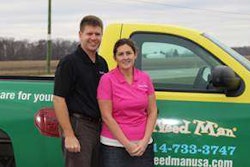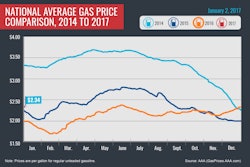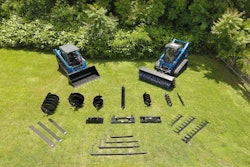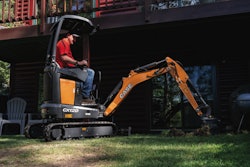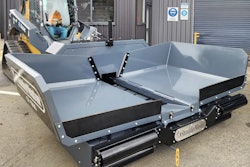
Surety bonds guarantee that your company will live up to its contract and legal obligations.
“It’s not a difficult process, but you have to have your financial house in order,” says Tony Stagliano, national managing director of A/E/C Industry Services at the accounting provider CBIZ MHM in Philadelphia.
Not everyone qualifies for surety bonds, so the process begins with a pre-qualification application. Because underwriting is a thorough and laborious process, it’s best to have a specific job in mind.
The landscape contractor should be prepared to produce an organizational chart; resumes of key employees; contingency plans; a business plan; a schedule of current jobs; a list of largest jobs completed to date; evidence of a line of credit with a bank; tax returns; three years of financial statements with a third-party compilation, review or audit; and letters of recommendation and references.
Notify your references of your pending bond application, as the underwriter will likely reach out to a number of different sources to assess your company.
The important thing is to show that you have experience performing the work outlined in the contract, as well as enough equipment and manpower to get the job done, according to Carl Dohn, account executive at Dohn & Maher Associates in Palatine, Illinois.
“They are trying to figure out how much liability you can handle in a given time period,” says Mark Johnson, a partner with Snell & Wilmer in Los Angeles.
Once the paperwork checks out, a representative from the surety company will visit the company and assess the status of the fleet and meet with project managers and other employees.
“It’s more than a financial analysis,” says John Coyne, vice president of Bond and Financial Products at Travelers Construction Services, based in Hartford, Connecticut. “A lot of pieces go into deciding whether the contractor is capable of doing the work the company wants to bond.”
To find a bond producer near you, contact the National Association of Surety Bond Producers.
For smaller companies, the U.S. Small Business Administration offers a bonding program, where it will guarantee 70 to 90 percent of the bond. Public and private contracts and subcontracts of $6.5 million and less are eligible.
When your company finally does become established with a surety company, the process of bonding new work typically goes much faster and a new line of lucrative work can open up for your company.
Pate Landscape Co. Inc. in Montgomery, Alabama, is an example of a landscaping company that resolved to seek larger, commercial jobs and how the bonding company relationships Pate established decades ago helped the company get to where it is now.

